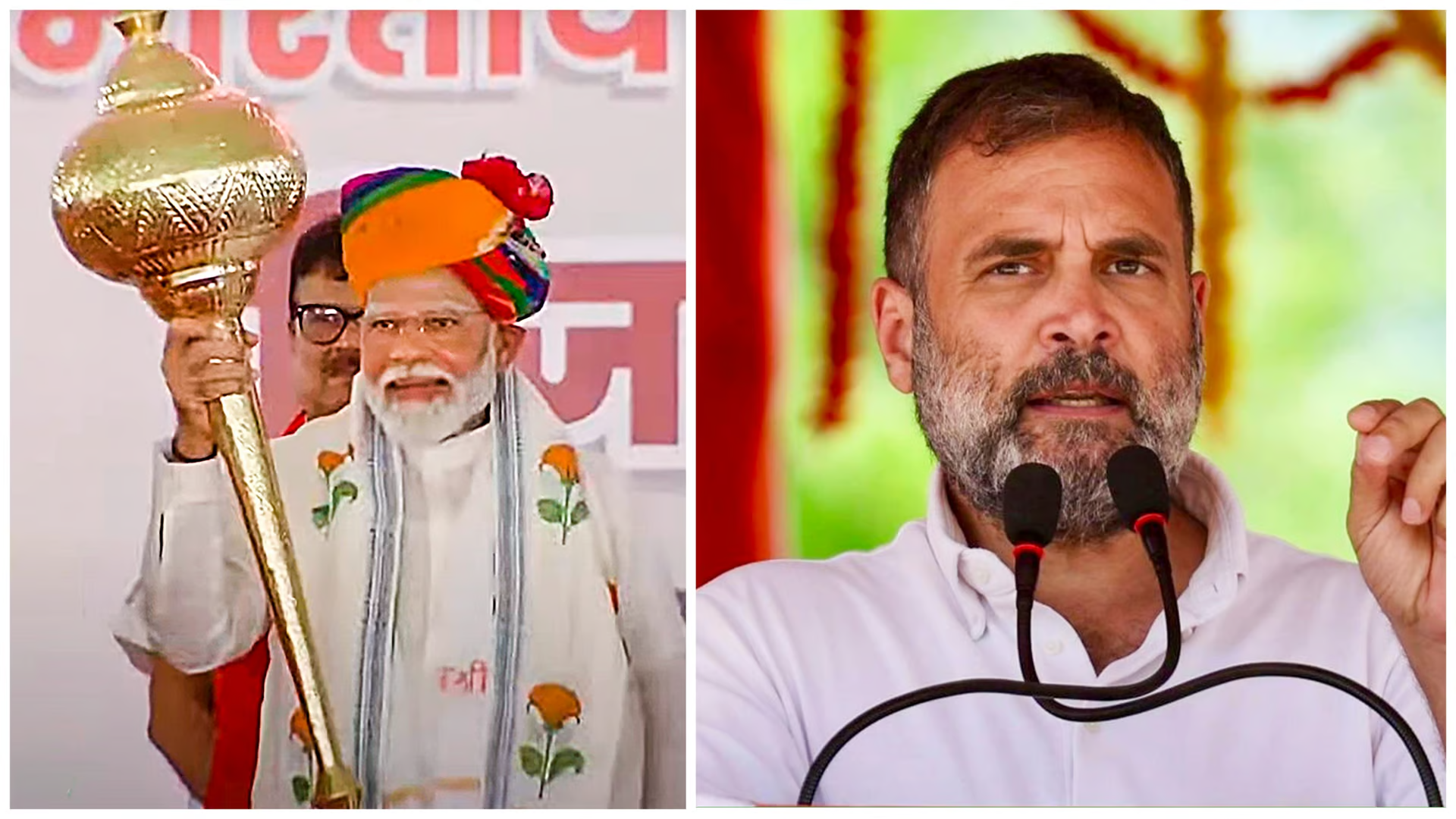Rahul Gandhi, a prominent leader of the party, criticized Prime Minister Narendra Modi for his response to the Congress’ “revolutionary” manifesto while addressing a Social Justice conclave organized by the Congress in Delhi. Rahul claimed that Modi had exhibited signs of panic upon seeing the manifesto.
During his speech, Rahul Gandhi asked the audience how they felt about the Congress Manifesto. He asked, “Did you like the Congress manifesto? You must have seen that the Prime Minister has panicked. It is a revolutionary manifesto.” His remarks alluded to the impact of the Congress’ policy proposals on the ruling government.
Rahul Gandhi proceeded to accuse the Narendra Modi government of favoring a selected group of billionaires, alleging that large sums of money had been transferred to them. He emphasized the Congress manifesto’s focus on redistributing a portion of these funds to benefit the majority of the population at the lower end of the income and wealth distribution pyramid.
Referring to income inequality and the need for a comprehensive caste census, Rahul Gandhi emphasized his commitment to addressing social injustices. He highlighted discrepancies in wealth distribution and claimed that the Congress manifesto aimed to rectify these disparities by returning funds to 90% of the country’s population.
The context of Rahul Gandhi’s speech included responses to Prime Minister Modi’s criticisms of the Congress manifesto, where Modi alleged that the proposals leaned towards appeasement and advocated redistributing wealth, including reservations for Muslims from existing quotas for Scheduled Castes (SC), Scheduled Tribes (ST), and Other Backward Classes (OBC).
Also read: Everest Masala Controversy, What Is Ethylene Oxide, How Is It Harmful? Details Here
Rahul Gandhi challenged Modi’s statements regarding caste and wealth distribution, pointing out that individuals from backward communities were often excluded from India’s list of wealthy individuals. He underscored the importance of social justice and promised to prioritize a caste census upon assuming power.
“Caste census is not politics for me, it is my life’s mission, and I will not leave it. No power can stop the caste census. As soon as the Congress government comes, we will first conduct caste census. This is my guarantee,” asserted Rahul Gandhi, reaffirming his commitment to addressing deep-rooted social disparities.
Rahul Gandhi concluded his address by addressing critics who question his seriousness and commitment to governance, citing past initiatives like the Land Acquisition Bill, MNREGA, and engagements with marginalized communities as evidence of his dedication to social justice and inclusive governance.
The speech encapsulated Rahul Gandhi’s perspective on social justice and the Congress party’s vision for a fairer and more equitable society, setting the tone for upcoming political discourse and policy debates in the Indian political landscape.


















